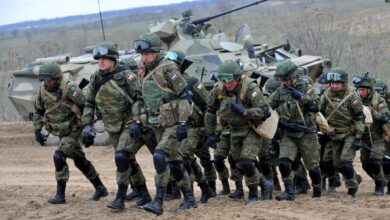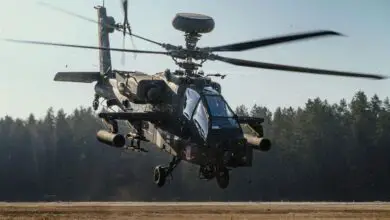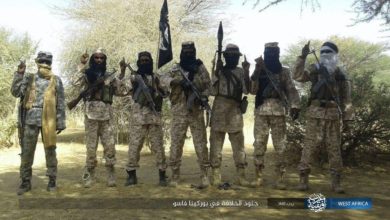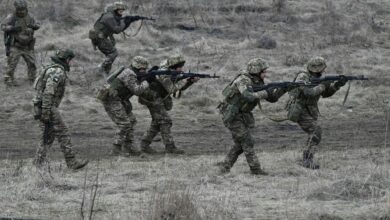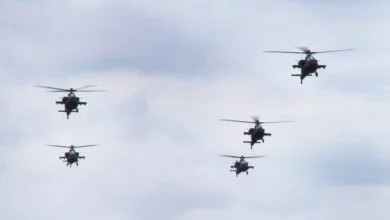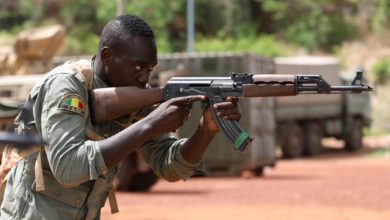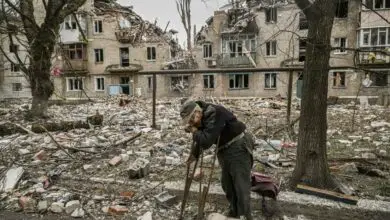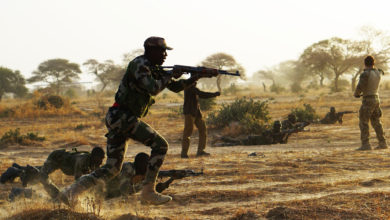Five Malian soldiers were killed on Monday, January 6 in a roadside bomb attack, a government spokesperson said, in the latest violence to hit the Sahelien country’s volatile central region.
The troops were near Alatona base when their convoy was struck by an improvised explosive device on Monday morning, killing five soldiers and destroying four vehicles, government spokesperson Yaya Sangare said on Twitter.
“Reinforcements are already in place for the operation to neutralize the enemies,” Sangare said.
Alatona, in the Segou region, is around 190 km (118 miles) west of Mopti and around 80 km south of the border with Mauritania.
A Malian army refuelling truck that had left the town of Diabaly was struck by the bomb early on Monday morning, said a non-commissioned officer who was sent in to reinforce the area.
Militants, who were travelling on motorbikes and in cars, also fired on the soldiers.
“There were deaths on our side and on the side of the assailants,” the officer, who requested to remain anonymous, told AFP.
“The reinforcements came in time and we recovered our bodies and the wounded,” the officer said, adding that he was unaware of the total number of victims.
More than 140 Malian soldiers died in jihadist attacks between September and December, according to AFP.
Many armed groups including Islamic State are active in Mali and the wider Sahel region, but the majority of attacks are attributed to JNIM, which formed in March 2017 from a merger of several smaller groups. JNIM’s leadership has pledged allegiance to al-Qaeda leader Ayman al-Zawahiri.
Mali has been struggling to contain a complex insurgency since 2012, when a Tuareg separatist uprising was exploited by Islamist extremists who took key cities in the desert north.
France began its Operation Serval military intervention in its former colony early the next year, driving the jihadists from the towns, and the MINUSMA peacekeeping force was then established.
But the militant groups have morphed into more nimble formations operating in rural areas, and the insurgency has gradually spread to central and southern regions of Mali and across the borders into neighboring Burkina Faso and Niger. Large swathes of Mali remain outside government control, and inter-ethnic bloodshed is a regular occurrence.
Serval evolved in August 2014 into Operation Barkhane, and roughly 4,500 French troops are deployed in the region, including around 2,700 soldiers in Mali. Barkhane focuses activity in insurgent-hit Mali, Niger and Burkina Faso, and troops work alongside other international operations, including the 14,000-strong MINUSMA U.N. stabilization mission in Mali and the G5 Sahel Joint Force (FCG5S), a planned 4,500-strong joint counter-terrorism force comprising troops from Burkina Faso, Chad, Mali, Niger and Mauritania.
Barkhane has a growing international dimension, with European partners sending more troops and equipment. Denmark has deployed two helicopters and up to 70 troops to support Barkhane and Estonia is to almost double the size of its Barkhane contingent this year. Chinook helicopters from the United Kingdom currently support the operation.
With reporting from AFP. This post was updated on January 6.


